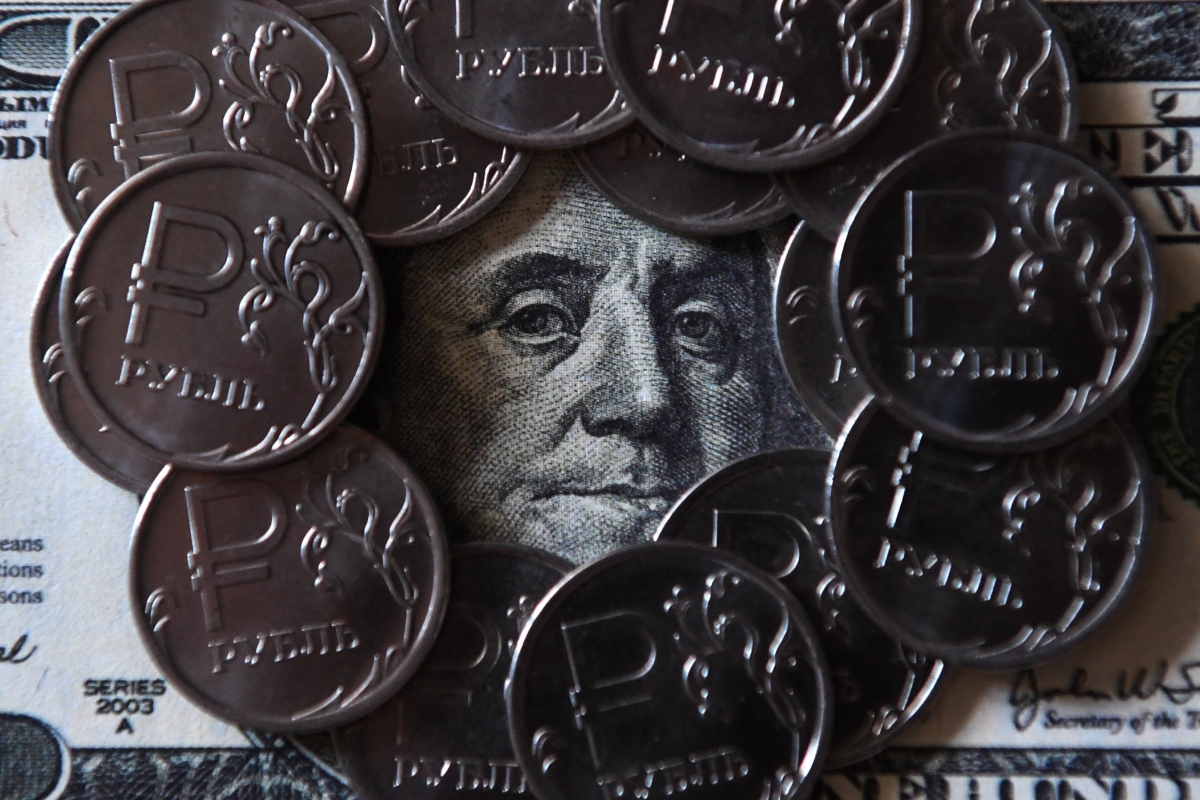
Geopolitics — not the oil price — is now driving the ruble
 What happened
What happened
Russia has had a good macroeconomic week: not only did it appear that new U.S. sanctions have been postponed, but the Russian government’s economic policies appeared to be working perfectly. A big fall in oil prices — which a few years ago would have caused immediate problems — had no impact. Not only did the ruble gain value but the Ministry of Finance was able to borrow funds on the market on the best terms in six weeks.
- On Tuesday, the price of crude oil, Russia’s main export, fell by nearly 7% to $65.47 a barrel, an eight-month low. This was caused by fears over economic growth, OPEC’s announcement that demand for the fuel would slow next year, the U.S. reporting an increase in shale production and, finally, President Donald Trump’s tweet that “oil prices should be much lower”. In time honored fashion, analysts predicted that the ruble would drop when the market opened the following day.
- However, the next morning, the ruble strengthened. Part of the reason for this was the news that the U.S. Congress will probably be too busy in the coming months to adopt new anti-Russian sanctions before the end of the year. All this demonstrated beautifully how the Russian currency has decoupled from the oil price and is now far more dependent on geopolitics.
- In the context of the currency’s stability and the news about delayed sanctions, the Ministry of Finance was able to sell its full volume of government bonds for the first time in three weeks, raising more than $170 million.
Why the world should care
For many years, the price of oil has been the key to the Russian market. It was the major driver for the ruble and the Russian stock exchanges, which include the country’s major energy companies. But the events of the last few days show us again that sanctions are the new benchmark. If they want to understand the Russian market, investors should follow sanctions news as closely as they track the gyrations of the oil price.





